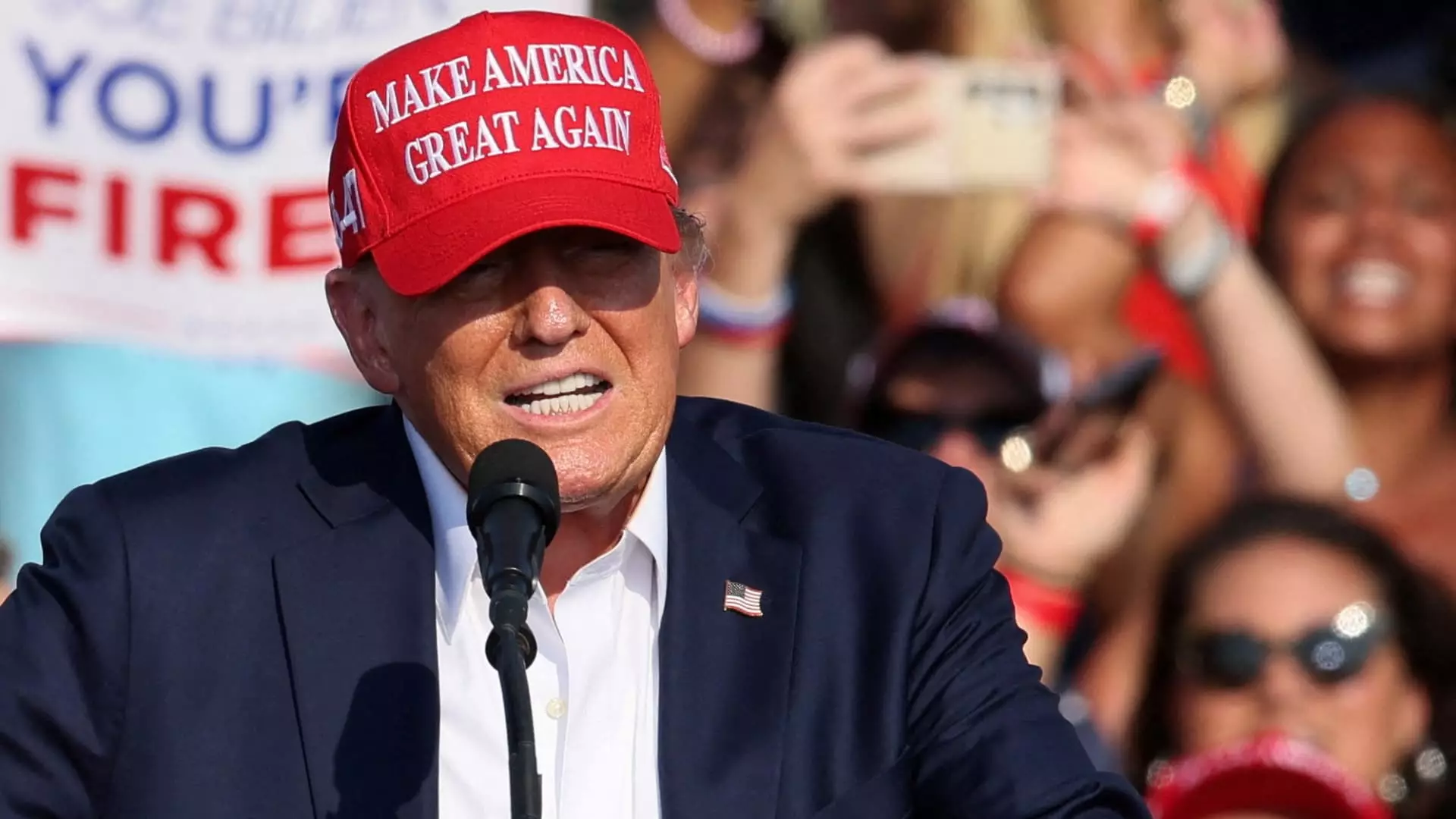Former President Donald Trump recently made controversial comments regarding Taiwan and its relationship with the United States. In an interview with Bloomberg Businessweek, Trump stated that he believes Taiwan should pay the U.S. for defense, arguing that the country doesn’t provide anything in return. This statement has sparked debate and raised questions about the U.S.’s role in defending its allies.
Trump also linked his comments to Taiwan’s semiconductor industry, highlighting the country’s dominance in this sector. Taiwan Semiconductor Manufacturing Co. (TSMC) is a major player in semiconductor manufacturing, producing chips for companies like Apple and Nvidia. With Taiwan expected to account for a significant portion of the world’s most advanced chips this year, Trump’s remarks underscore the strategic importance of Taiwan’s semiconductor industry and its impact on global technology supply chains.
There has been increasing concern over the concentration of chip manufacturing in Taiwan and the potential risks associated with this reliance. In the event of a Chinese attack on the island, there are worries about the disruption to global supply chains and the implications for technology companies worldwide. TSMC Chair Mark Liu has emphasized the vulnerability of the company’s factories in the face of military aggression, highlighting the need for careful strategic planning and preparedness.
Under the Biden administration, the U.S. has pursued initiatives to bring chip manufacturing back to American shores. By offering grants and incentives to companies like TSMC and Samsung to expand their production facilities domestically, the U.S. aims to reduce its dependence on foreign manufacturers and enhance its own capabilities in semiconductor production. This effort reflects a broader strategy to strengthen national security and economic resilience in the face of evolving geopolitical challenges.
Overall, Trump’s comments on Taiwan and the semiconductor industry raise important questions about the dynamics of international relations, economic dependencies, and strategic vulnerabilities. As global competition intensifies and technological advances shape the future landscape, policymakers will need to carefully navigate these complex issues to safeguard national interests and ensure stability in the digital age.


Leave a Reply